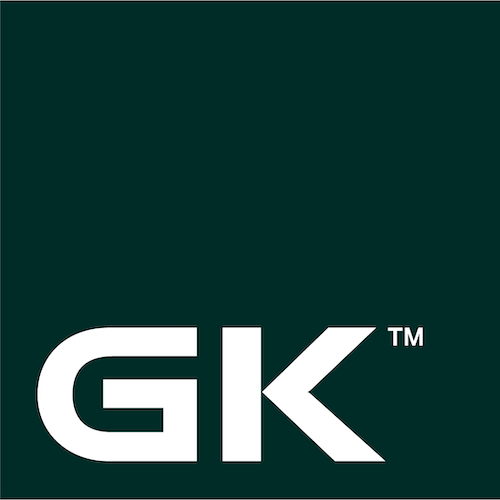In 2021, with the reopening of markets underway, the supply and demand shock brought on by the Covid-19 crisis has forced manufacturers around the world to re-evaluate their supply chains. For the foreseeable future, rich countries like the United States, Canada, or European nations will face pressure to reduce their dependence on sources of risk, and will be forced to rethink more practical inventory and replenishment strategies. diversification
The germ of the idea has not emerged only as a result of the pandemic, in fact, it began to be raised from the dawn of the trade war between the United States and China throughout the term of Donald Trump. In this context, it is the turn of the nations of the American hemisphere to shine, especially the Central American area, where Honduras, Guatemala, or Costa Rica offer unbeatable conditions for the “Chinese disconnection.”
Producers and large global businesses are already seeking the diversification of supply chains outside of that country, and nearshoring in the Americas is the golden opportunity to create alternative and cheap supply chains. The advantage of the Central American region is not only sensed in terms of manufacturing, but also in the provision of services.
Two possibilities that combined will mean quality economic growth for the region. GK, the leading company in the textile sector and real estate projects, with a presence in Honduras, Guatemala, Mexico, and the United States, has the ideal space for nearshoring investments that may arise in the two business lines .
The creation of such spaces was always the idea behind the visionary approach of Mohammad Yusuf Amdani Bai, Chairman of the Board of Directors of GK, who knew how to see in time the opportunities and potential of the region in the face of global trade.
The diversification of manufacturing
Depending on the diversification needs of world producers of food, chemical products, textiles, or machinery, GK offers one of the spaces in which all the necessary conditions converge to transfer these manufactures from countries such as China or Vietnam to a place like Honduras.
Green Valley Advanced Manufacturing Hub is the ideal place to work on technology-based development, as it is anchored in a collaborative environment where any industry can work to solve shortages problems, while fostering technological advancements in its industry.
Green Valley, located in a free trade zone in Naco, Honduras, has the best infrastructure in its class, which includes state-of-the-art systems that promote energy efficiency, power generation, and the largest industrial solar plant in Central America. . Its facilities have been characterized by an innovative approach, connecting forward-thinking companies in key industries with markets around the world.
Within the complex there is a space for companies from industries as diverse as textiles, automotive manufacturing, or food processing.
Diversification of services
If your business is in the field of services, GK also has the ideal option. At its Altia Smart City facilities, located in San Pedro Sula and Tegucigalpa respectively, the Group offers investors an ideal modernized environment for companies in the BPO and ITO sector, in addition to having intelligently designed buildings, so that advanced technologies and environmental concerns are compatible.
In Altia, your investments will have the backing of the territorial authorities, given that as a country, Honduras is committed to developing the human capital necessary for a strong BPO sector, taking into account that this industry offers access to reliable jobs for its citizens. young and bilingual.
Manufacturers and service companies in most industries today are looking for suppliers and subcontractors that concentrate several benefits, including shorter flight times, a similar culture, better infrastructure, as well as lower costs and higher quality.
The change in the tone of supply chains in countries like the United States suggests that the labels “Made in China” may soon be replaced by those that say “Made in Honduras.” An unbeatable opportunity for the region.
Also read: How to achieve a more sustainable textile industry
